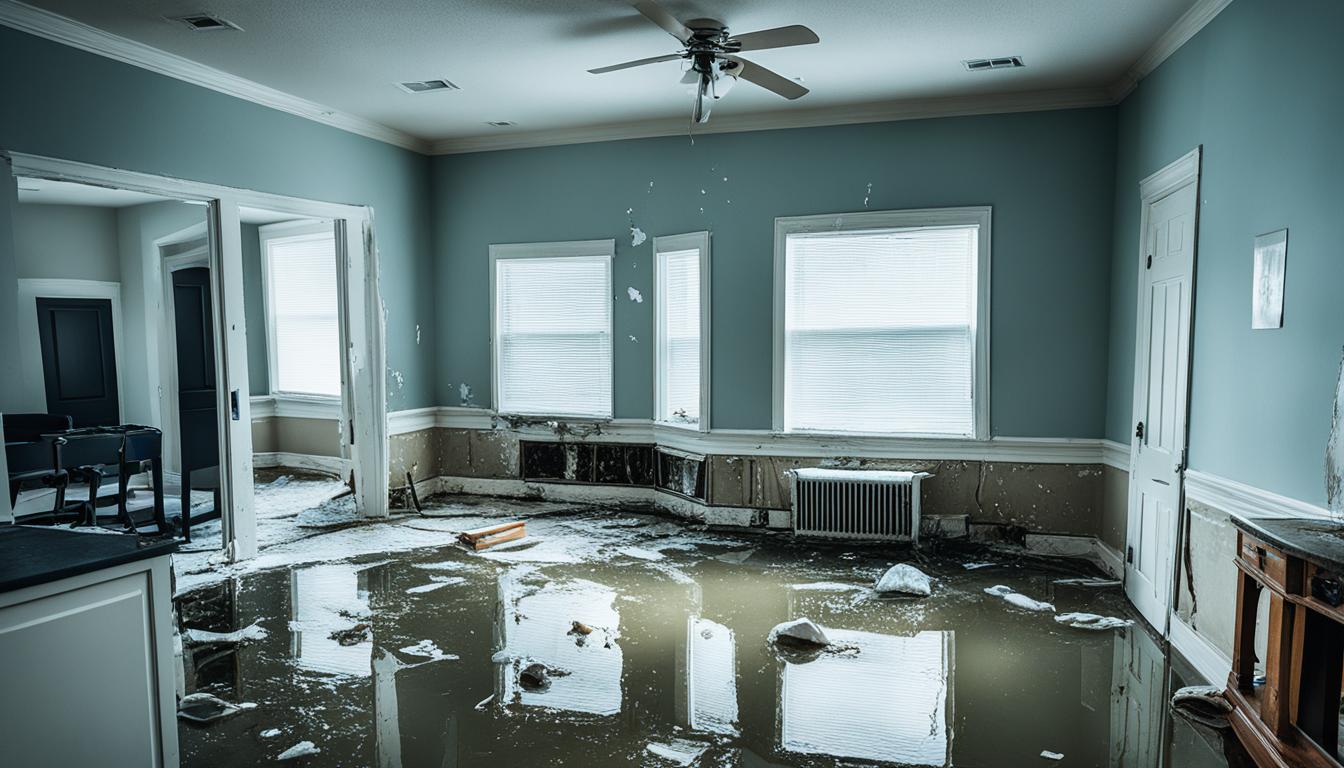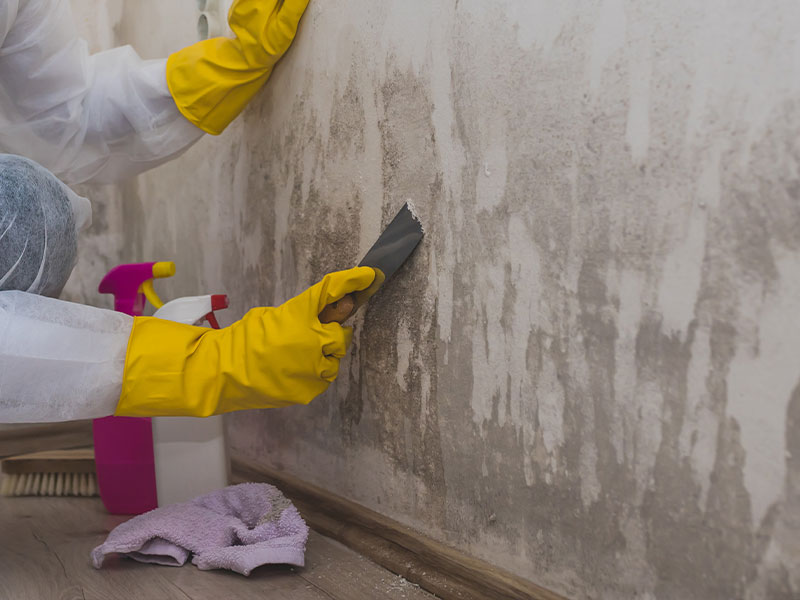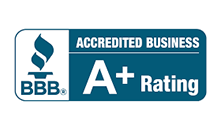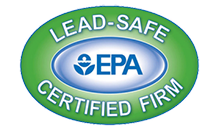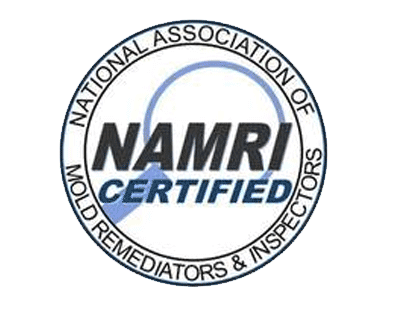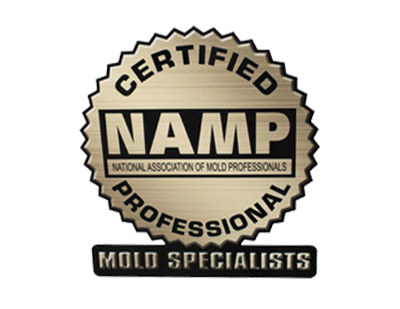Did you know that water damage is a big problem for many homes in the U.S.? It makes up almost 24% of all insurance claims. Water damage can cause everything from minor issues like stains to major problems like structural damage and health risks.
Water can get into your home through leaks, floods, burst pipes, or heavy rain. It can damage walls, floors, and furniture. So, it’s important to fix any water damage quickly to stop bigger problems from happening.
Key Takeaways
- Water damage impacts nearly one-quarter of all home insurance claims in the U.S.
- Common water sources include leaks, floods, burst pipes, and heavy rainfall.
- Ignoring minor water damage can lead to significant structural damage.
- Prompt restoration actions can mitigate long-term effects of water damage.
- Unaddressed water damage poses serious health risks from mold and mildew.
Signs and Symptoms of Water Damage
Spotting water damage early is key to avoiding big repairs and health issues. Knowing the common signs helps homeowners deal with problems fast. Here are some important signs and symptoms of water damage to look out for:
- Water Stains or Rings: These marks on ceilings and walls show there’s moisture around.
- Musty Odors: Damp smells that don’t go away can mean water damage and mold.
- Rust on Metal Objects: If metal things like hinges or pipes are rusty, it might mean moisture is a problem.
- Warping or Buckling Materials: Wood floors, walls, or ceilings that swell and warp mean they’ve been wet for a long time.
- Evidence of Decay: Wood and other materials that are breaking down have been wet for too long.
- Mold Presence: Seeing mold means there’s been water getting in and it’s a sign of a big issue.
By spotting these signs of water damage, homeowners can fix problems quickly. It’s important to notice things like sagging drywall, swollen wood, peeling paint, and crumbling plaster. This keeps homes safe and sound, especially in places like Fairfield and Westchester Counties that are prone to disasters.
Immediate Steps to Take When You Discover Water Damage
When you find water damage, it’s key to act fast to lessen damage and protect your home. Here are the key steps for a good water damage response:
- Locate and stop the water source: Find where the water is coming from and stop it by turning off the water or fixing leaks.
- Turn off the power: To avoid electrocution, turn off the home’s power at the main breaker.
- Protect valuables: Move important items to a dry, safe place to reduce damage.
- Contact your insurance company: Start a claim to get help with repairs and the right documents.
- Begin water extraction and drying: Use tools like wet vacuums or dehumidifiers to remove water and start drying areas quickly.
- Inspect for mold: Check for mold within 24 hours to stop health risks from mold.
- Engage professional remediation services: Companies like Emergency Restoration Services can remove bad smells, fully restore areas, and lower health risks.
Following these steps, including quick water removal and expert help, is vital for managing water damage well. Acting fast helps avoid serious damage to your home and health.
Health Hazards Associated with Water Damage
Water damage brings many health risks because it can carry harmful germs. If not fixed quickly, these germs spread everywhere, including air systems, personal items, and building materials. This can lead to skin problems, breathing issues, and even serious illnesses or death.
Homeowners need to watch out for these health risks from water damage. Standing water can become a place for bacteria and viruses to grow, causing big health dangers. One big risk is black water, which is very contaminated and can cause severe health problems.
- Mold: Mold is a big problem after water damage. It can cause bad allergic reactions, make asthma worse, and lead to other breathing problems.
- Air Quality: Water damage can make the air inside buildings very unhealthy. The germs and mold in damaged areas release toxins that can harm the lungs and other organs when breathed in.
It’s very important to fix water damage quickly to stop these health risks. Quickly drying out damaged areas can help stop harmful germs from growing. Getting help from experts in fixing water damage can protect you from the dangers of bad air and germs.
How Water Damage Affects the Structural Integrity of Your Home
Water damage can seriously weaken your home’s structure. It harms important parts like beams, joists, and foundations. This leads to many problems.
Water inside the home can make the foundation shift over time. This loss of building strength weakens the whole structure. Many building materials break down when they stay wet for too long.
Roof leaks let water into the attic. This constant wetness causes wood and insulation to decay and grow mold. This damage can make the home unsafe and unstable.
Also, wet HVAC systems, blocked gutters, and plumbing issues cause more damage. These problems let water keep getting into the house. This can slowly destroy the home’s strength, making it unsafe because of water damage.
What does water damage do to your home?
Water damage can severely harm your home, sneaking into walls, floors, and furniture without being seen until it’s too late. This can lead to big problems.
Here are some critical impacts to consider:
- Structural Damage: Water can weaken your home’s structure over time.
- Electrical Hazards: Water can make electrical systems short-circuit, leading to fire and electrocution risks.
- Mold Growth: Moisture creates the perfect place for mold and mildew to grow, which is bad for health.
- Damage to Personal Belongings: Water can ruin important documents, furniture, and keepsakes you treasure.
- Decreased Property Value: Long-term water damage can lower your property’s value.
Water damage has serious effects, affecting your home’s structure, safety, and value. It’s important to take action quickly to prevent these issues.
Long-Term Effects of Water Damage
Water damage can have big effects on a property’s value and safety over time. It weakens structures by causing framing to decay and foundations to become unstable. This leads to ongoing problems with mold and fungi, damaging not just the building but also personal items like electronics and clothes.
Water damage also brings pests like roaches and silverfish, which love damp places. Properties with water damage often lose value because they look worse and smell bad. Fixing these issues is key for homeowners to protect their investment.
Conclusion
Addressing water damage is key for your property’s value and your family’s health. Spotting and fixing water damage quickly can stop more problems. This can save you from big repair costs and health risks from mold and mildew.
Water damage can weaken your home’s structure over time. That’s why it’s vital to use good restoration methods. These methods help lessen damage and make dealing with insurance claims easier for homeowners.
Being watchful and acting fast is how you beat water damage. Stay informed and ready, and use professional repair services when needed. This way, you keep your property safe and your family healthy.







